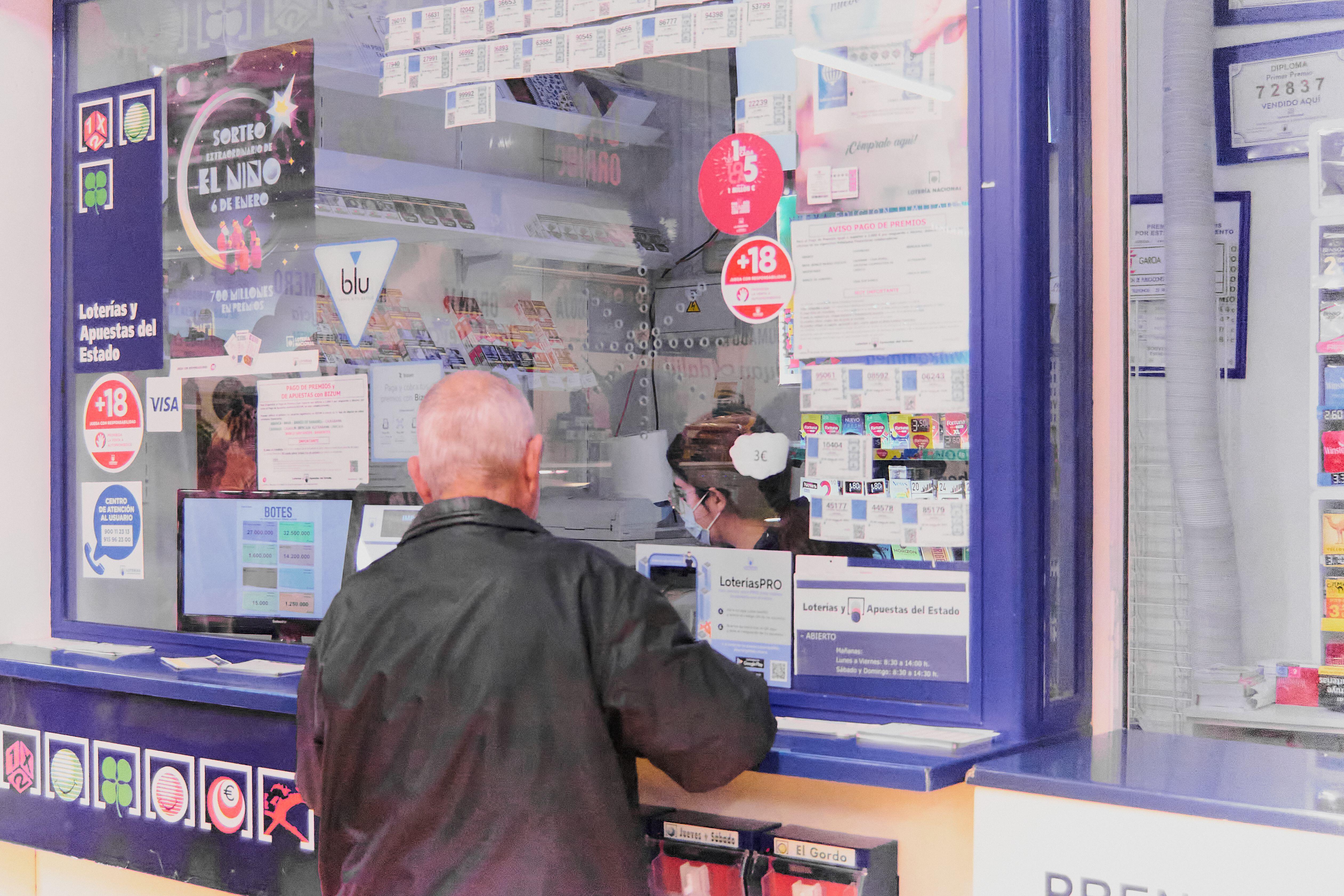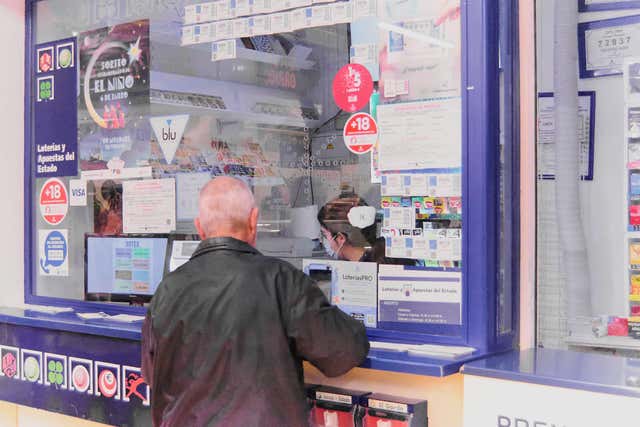Australians are not about to give up gambling any time soon, but what can you do if you think a friend or family member’s gambling is out of control?
Estimates suggest that Australians lose approximately $25 billion on legal forms of gambling each year, representing the largest per capita losses in the world.
According to the Australian Journal of Medical Practice less than 10 per cent of people with problem gambling seek specific professional support, and most only at crisis point.
This may be due to shame and stigma, lack of awareness or denial of the problem, limited knowledge of treatment options or feeling hopeless about changing their gambling.
Dr David McLaughlan, a consultant psychiatrist specialising in addictions, said gambling was a particularly challenging addiction to treat – “because of the access to gambling platforms of peoples’ phones”.
He said: “With my patients who are addicted to alcohol, I can suggest that they avoid drinking venues, or remove alcohol from their house. However, when the temptation is constantly present, on your phone, in your pocket, it’s much harder to resist.”
There are also an huge amount of different options for people to bet on these days, from online poker and the most obscure of sports to what the royal family might do next.
Signs to watch out for
NHS England’s mental health director, Claire Murdoch, said: “Gambling addiction is a cruel mental health condition that can ruin people’s lives.”
As with all addictions, people with gambling problems can become consumed mentally and physically with their habit.

“People with problematic gambling are often quite secretive and harbour a lot of guilt and shame. They might appear moody, irritable or unpredictable in their moods,” said Dr McLaughlan, who is also the co-founder of Curb, an addictive behaviour change app.
“Some of the telltale signs might include making excuses to explain where money has been spent or asking to borrow money to cover debts and fund further gambling.
They might appear preoccupied with gambling and experience a loss of interest in other activities which they previously enjoyed doing, he added. “Often they can be quite depressed and have low self-esteem. There may also be parallel addictions, such as alcohol or cocaine.”
How to approach a loved one
Sometimes family members or partners can be in denial about the person’s problems too, or even enable their addiction unknowingly. But if you are worried about a loved one, try to approach them with kindness and compassion.
“Firstly, acknowledge your own feelings. You might be feeling angry, upset, betrayed and even frightened. It’s okay to have these feelings,” said Dr McLaughlan.
“However, when you approach your loved one, try to talk to them in a non-judgemental way. Create a safe space for them to be open with you. Show them that you care and that you want to help.”
Treatments and support
The key thing to know is that recovery is possible.
The best treatments should help the addict understand why their gambling started, learn practical steps to stay away from problematic behaviours and help them build a healthier life.
“ There’s a variety of talking therapies and even pharmacological approaches to treat underlying issues such as depression, anxiety and ADHD,” said Dr McLaughlan.
“It is worth speaking to your GP to seeing what support is available.
“GamCare is a great charity with some practical tools to restrict access to gambling websites and platforms as mentioned above.
He added: “They have a tool called GamBan that blocks your device from accessing gambling websites and platforms. GamStop is another tool that allows you to register and self-exclude from all UK gambling apps and websites for free.”
If you think your gambling has tipped over into a problem, you can also contact Gambling Help Online.
Do you gamble? Do you try to limit yourself? Why not share your experience in the comments section below?
Also read: How does Centrelink assess gambling income?
– With Yolanthe Fawehinmi
